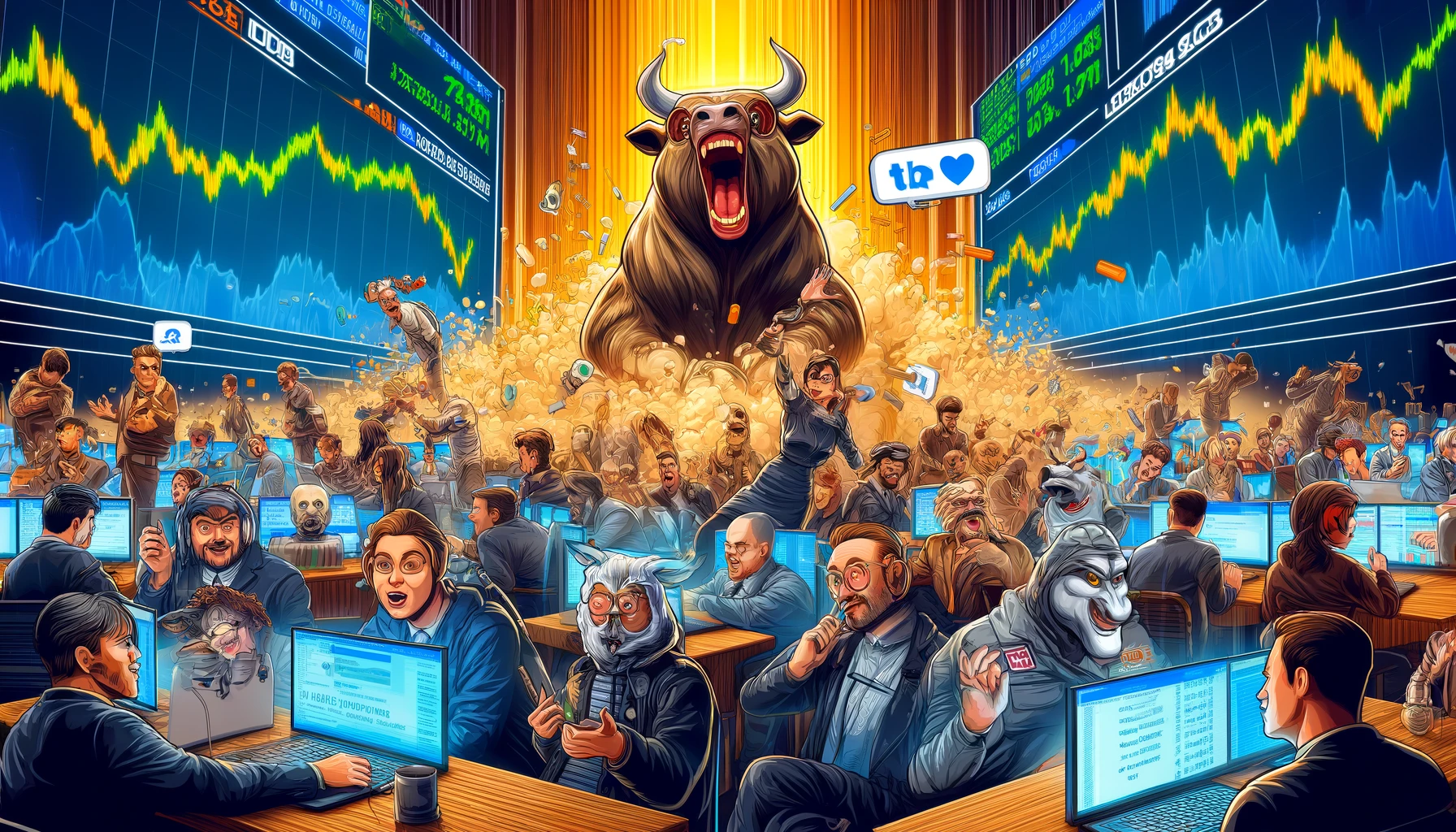A new breed of investor is making waves in the financial markets, embracing high-risk strategies with an irreverent attitude. These individuals, often self-identifying with the term “degen,” are drawn to unconventional assets and unorthodox approaches, challenging traditional investment wisdom.
“It’s a fascinating phenomenon,” remarks a seasoned financial analyst. “We’re seeing a shift away from purely fundamentals-based investing towards a more thrill-seeking approach.”
This trend is fueled by a confluence of factors. The rise of social media and online communities has created echo chambers where these traders share information, strategies, and memes, amplifying certain assets and driving volatile price swings.
A behavioral finance expert notes, “The fear of missing out plays a significant role. When people see others making quick profits, it triggers a desire to join in, even if it means taking on significant risk.”
While some may dismiss these traders as reckless gamblers, others argue that they represent a democratization of finance. The accessibility of trading apps, fractional shares, and 24-hour trading has opened up the markets to a wider audience, including younger generations who may feel disillusioned by traditional financial paths.
“This isn’t just about making money,” observes a sociologist specializing in youth culture. “It’s about identity, belonging, and pushing back against established norms.”
However, this new paradigm also raises concerns. The speculative nature of these investments can lead to substantial losses, and the emphasis on short-term gains may undermine long-term financial planning.
A financial regulator cautions, “While it’s important to encourage participation in the markets, we also need to ensure that investors are aware of the risks involved and are making informed decisions.”
The “degen” movement is a complex and multifaceted phenomenon, reflecting broader cultural shifts and economic anxieties. It remains to be seen whether this is a passing trend or a sign of a more fundamental transformation in the way people approach investing.
“One thing is clear,” concludes a market strategist. “The financial landscape is rapidly changing, and traditional players need to adapt to this new reality.”


